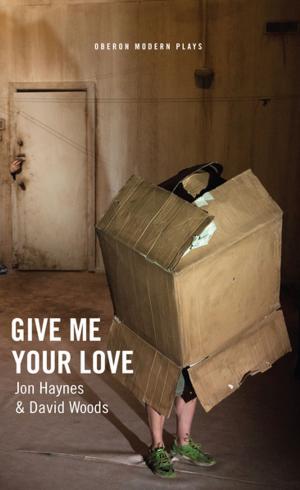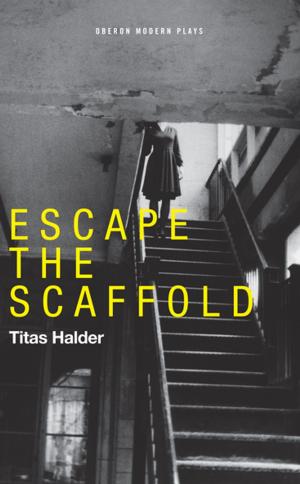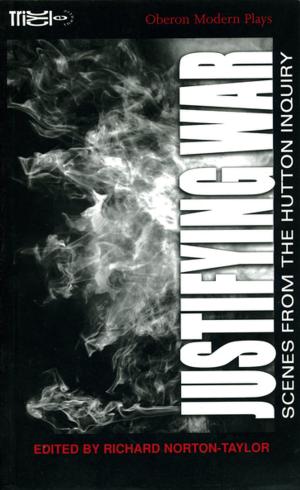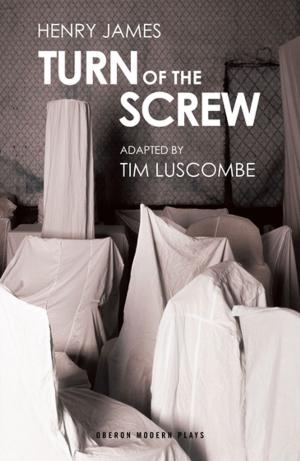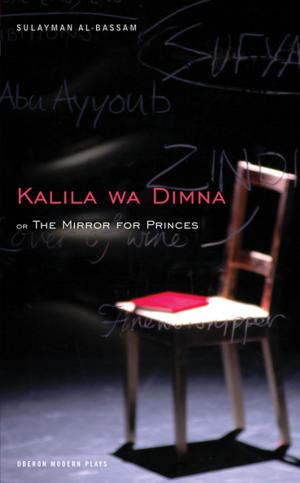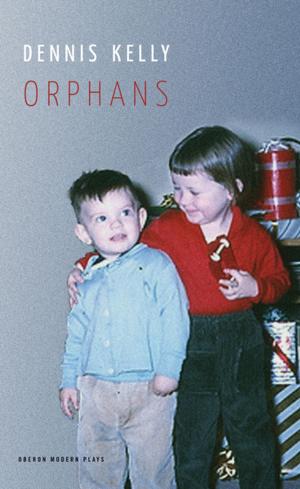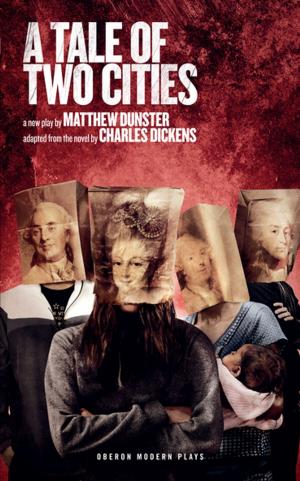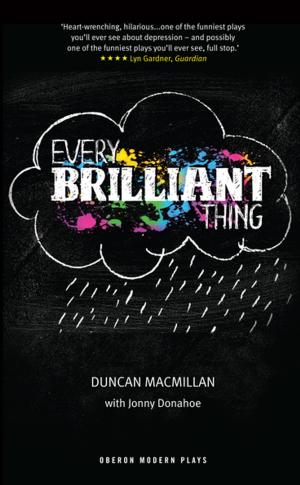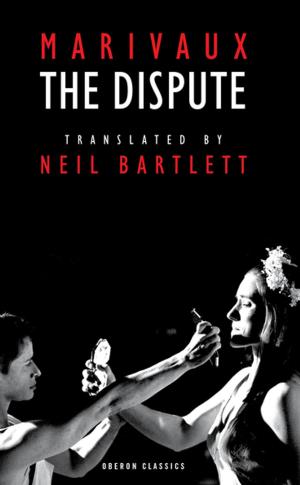Dramatic Critic: Selected Reviews (1922-1939)
Selected Reviews (1922-1939)
Fiction & Literature, Literary Theory & Criticism, Drama History & Criticism, Drama, Nonfiction, Entertainment| Author: | Charles Morgan | ISBN: | 9781849439411 |
| Publisher: | Oberon Books | Publication: | May 20, 2013 |
| Imprint: | Oberon Books | Language: | English |
| Author: | Charles Morgan |
| ISBN: | 9781849439411 |
| Publisher: | Oberon Books |
| Publication: | May 20, 2013 |
| Imprint: | Oberon Books |
| Language: | English |
Charles Morgan was the dramatic critic of The Times for most of the years between 1922 and 1939.
The reviews for this small selection are taken from thousands written for The Times and from his weekly articles for The New York Times on the London theatre. Morgan was widely regarded as the most influential critic of his day. His fellow critic, James Agate, wrote ‘When Charles is on form he has us all whacked.’ Though most were
written overnight for the following day’s paper, they were given space
allowed to no modern critic. Beautifully written, they bring to life many of the great actors and actresses and the dramatists, old and new, as the theatre moved from the frivolous Twenties into the shadow of another war and towards the modern theatre of today. As they mirror the development of English theatrical taste in the interwar years, they are as much a delight to read, both witty and erudite, as they are an important historical record.
Charles Morgan was the dramatic critic of The Times for most of the years between 1922 and 1939.
The reviews for this small selection are taken from thousands written for The Times and from his weekly articles for The New York Times on the London theatre. Morgan was widely regarded as the most influential critic of his day. His fellow critic, James Agate, wrote ‘When Charles is on form he has us all whacked.’ Though most were
written overnight for the following day’s paper, they were given space
allowed to no modern critic. Beautifully written, they bring to life many of the great actors and actresses and the dramatists, old and new, as the theatre moved from the frivolous Twenties into the shadow of another war and towards the modern theatre of today. As they mirror the development of English theatrical taste in the interwar years, they are as much a delight to read, both witty and erudite, as they are an important historical record.

